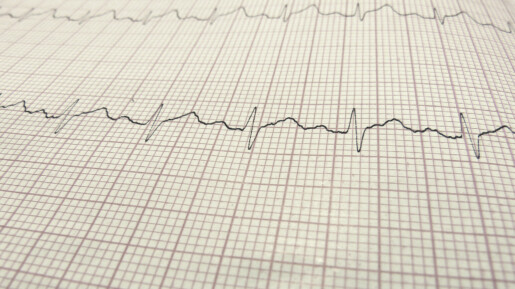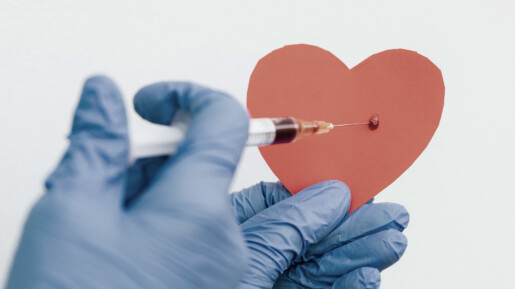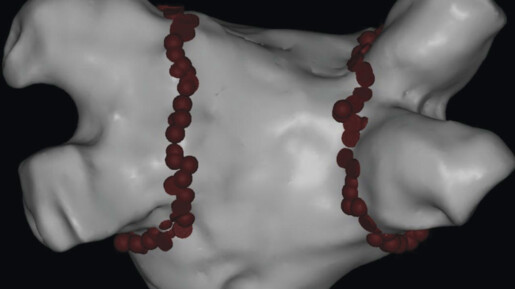Atrial fibrillation – From symptoms to treatment
Atrial fibrillation is by far the most common heart rhythm disorder. About one in four (25%) can expect to get atrial fibrillation
What is an electrocardiogram (ECG or EKG)
An electrocardiogram ECG is used to find out what kind of heart rhythm disorder you have. The ECG shows the electrical activity of your heart
Objectives of Atrial Fibrillation Treatment
The primary purpose of treatment of atrial fibrillation is to protect you against blood clots or the development of heart failure.
Risk of Blood clots and severe bleeding
Atrial fibrillation increases the risk of blood clots, as during an episode the atria is not able to properly drain and can cause blood clots
What Are Anticoagulants?
The most serious complication of atrial fibrillation is a blood clot in the brain, and anticoagulants are one of the best ways to avoid this.
Medical treatment of atrial fibrillation
In this article i will present different methods of medical treatment of atrial fibrillation, their effectiveness and their potential side effects.
Ablation treatment for atrial fibrillation
Ablation is very effective treatment for atrial fibrillation. This is especially true if the patient only has episodic atrial fibrillation.
How Effective Is Ablation Treatment for Atrial Fibrillation?
An ablation treatment is performed with a small instrument called an ablation catheter, which is inserted into the left atrium of the heart
When to consider ablation treatment for atrial fibrillation?
When assessing whether or not to do Ablation treatment for atrial fibrillation Your cardiologist will take a number of factors into account
Do you need general anesthesia to undergo an ablation treatment?
I have been asked several times for my position for or against general anesthesia during ablation treatment, this article covers my opinion









